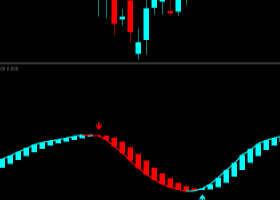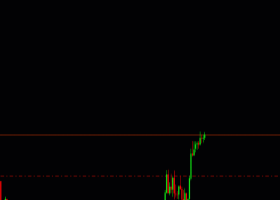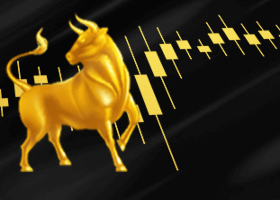The euro has finally made its way back to the infamous 1.20 level against the Swiss franc. EUR/CHF traded as high as 1.1995 on Thursday morning but was unable to break the 1.20 resistance to the upside as traders wonder whether the market is ready to accept finally a weaker Swiss franc.
The Swiss currency retains a negative momentum since early March: on a trade-weighted basis, the franc fell more than 3.75% to its lowest level since January 15, 2015. Over the same period, the Swissie lost ground against all its G10: 4% against the euro, 2.55% against the greenback and 2% against the Japanese yen. What could explain such a move, especially against the backdrop of rising geopolitical tensions?
There are several reasons for this market movement. In recent days, the announcements of US sanctions against Russia have often been cited as a cause of the broad decline of the Swiss franc. Although they can explain part of this movement, especially in the last few days, it is too recent to explain the whole move.
We can also exclude without hesitation any intervention by the SNB on the foreign exchange market. Banks' sight deposits with the central bank have remained stable since the summer of 2017 - at around 575 billion - which clearly indicates that the monetary institution has remained on the sidelines.
A general strengthening of the euro could reasonably explain this trend – on a trade-weighted basis, the single currency rose 1% since February 28 – however, once again, it is not enough. On the economic front, inflation expectations in the euro area have remained relatively stable since the beginning of the year, as have expectations regarding the monetary tightening process of the ECB.
However, it would seem that divergences in monetary policies, as well as the acceleration of global growth, particularly in the euro zone, could very well explain this depreciation of the Swiss franc, as investors do not feel the need to seek to take shelter anymore. Indeed, the Swiss national bank has not yet mentioned any rate hike - which would go against its objective of keeping the Swiss franc at a sustainable level for the Swiss economy - while the ECB and the Fed are already much more advanced in this process. The SNB will never tighten its monetary conditions until it is ensured that this will not negatively impact EUR/CHF.
EUR/CHF should pass the 1.20 mark anytime. This level, however, remains a key resistance and won’t be easy to break. It may take time before seeing EUR/CHF taking off towards 1.30. However, conditional on the ECB maintaining the course of monetary policy tightening and the growth outlook in the eurozone and in the US not deteriorating, the euro could reasonably reach 1.30 at the end of the year.
By Arnaud Masset



